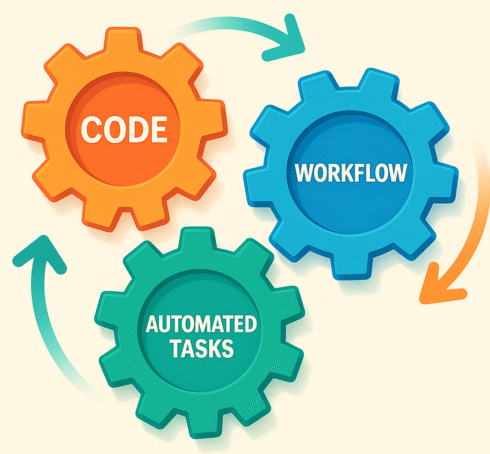Introduction: The Digital Shift in Healthcare
In today’s fast-evolving healthcare environment, technology is no longer optional—it’s essential. From electronic health records (EHRs) to telemedicine, medical practices are more reliant than ever on digital tools. Behind the scenes, IT support plays a vital role in keeping these systems running smoothly, securely, and in compliance with industry standards.
Why IT Support Matters in Medical Settings
Unlike traditional businesses, healthcare providers deal with life-and-death situations, making IT reliability a matter of critical importance. Whether it’s accessing patient records during emergencies or ensuring uninterrupted service during surgeries, IT downtime isn’t just inconvenient—it can be dangerous.
Professional IT support helps prevent disruptions, ensures proper system configuration, and provides immediate solutions when problems arise. Without it, the risk of operational failure significantly increases.

Key Areas Where IT Support Makes a Difference
Patient Data Management
Patient information must be readily available yet strictly protected. IT support for medical ensures that data is securely stored, easily retrievable, and backed up regularly to avoid catastrophic loss.
System Reliability and Uptime
Medical systems must be accessible 24/7. IT support monitors systems in real-time, resolves issues quickly, and maintains hardware and software for optimal performance.
Compliance with HIPAA and Other Standards
Regulations like HIPAA require strict data protection and documentation practices. IT professionals help implement and manage compliant systems, reducing legal risk for healthcare providers.

Enhancing Patient Care Through Technology
IT support indirectly improves patient care by allowing medical professionals to focus on their core responsibilities. Efficient systems lead to faster diagnoses, better coordination between departments, and improved communication with patients. From diagnostic tools to remote patient monitoring, IT empowers healthcare providers to deliver timely and effective treatment.
Cybersecurity: Protecting Sensitive Medical Information
Healthcare is one of the most targeted sectors for cyberattacks. Patient records contain valuable personal and financial data, making them a prime target for hackers. IT support teams implement firewalls, encryption, access controls, and conduct regular vulnerability assessments to protect this sensitive information.
How IT Support Improves Operational Efficiency
Beyond clinical benefits, IT support streamlines administrative operations such as appointment scheduling, billing, inventory management, and human resources. Automation of routine tasks and integration of various systems reduce errors and improve workflow efficiency across departments.

Choosing the Right IT Partner for Your Medical Practice
Not all IT services are created equal. Healthcare providers should look for IT partners with experience in the medical field, knowledge of relevant regulations, and the ability to offer 24/7 support. A trusted partner ensures not just system functionality but also peace of mind.
Conclusion: Investing in the Future of Healthcare
As healthcare becomes increasingly digital, the need for robust, responsive, and knowledgeable IT support continues to grow. It’s not just about keeping computers running—it’s about ensuring that healthcare providers can deliver the best possible care to their patients. By investing in professional IT support, medical organizations are investing in reliability, safety, and future-readiness.




